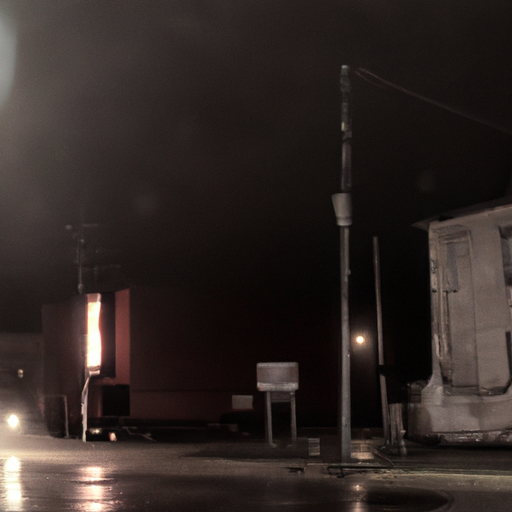A Review of the Unfolding Opioid Crisis in Belleville, Ontario
With an unprecedented number of 17 suspected overdoses in a single day, the quiet city of Belleville, Ontario called out for provincial help. This alarming incident reflects the severity of the unrelenting opioid crisis in Canada. The ramifications of this crisis, including the surge in homelessness and crime rates, require a multi-faceted response from both the city and province.
The Struggling Frontline Services
The escalating opioid crisis continues to strain Belleville’s frontline services, which are struggling to respond to the growing problem. As per Belleville Police Chief Mike Callaghan, the number of calls for suspected overdoses in downtown Belleville has exerted tremendous pressure on police, paramedics, and other frontline workers. While all officers now carry naloxone, the potent antidote for opioid overdose, the frequency and volume of such incidents are testing the system’s capacity.
The Opioid Class Action and the Provincial Government’s Role
In face of this crisis, Belleville Mayor Mitch Panciuk reached out to the provincial government for assistance. It’s a critical time for the provincial administration to step up, as Ontario recently decided to join the national opioid class action suit against several opioid manufacturers, alleging their marketing strategies have added fuel to the opioid crisis. This legal effort is part of a broader national effort to hold pharmaceutical firms accountable.
Impacts on Crime and Homelessness
The opioid crisis has precipitated an increase in crime and homelessness rates in Belleville. As per Belleville Police Services, there has been a noticeable spike in property crime, often linked to the substance-abuse issues. Local businesses and residents, especially in the downtown area, bear the brunt of these impacts. The city is also witnessing increasing homelessness as people dealing with addiction are often displaced and without permanent housing.
The Key Points
- The incident of 17 suspected overdoses in 24 hours has brought the severity of the opioid crisis in Belleville, Ontario, to the fore.
- The frontline services, including police and paramedics, are experiencing an enormous strain due to the escalating crisis, despite all officers being equipped with naloxone, a treatment for opioid overdoses.
- The city Mayor called upon the provincial government for aid. This request is a crucial test for Ontario’s government given its recent involvement in the national opioid class action lawsuit.
- The opioid crisis has led to ramifications beyond health, with increasing crime and homelessness rates in the city, severely affecting the downtown area.
Closing Remarks: A Unified Response Required
The rather shocking development in Belleville, Ontario, underscores the urgency of comprehensive solutions to the burgeoning opioid crisis. The strain on frontline services necessitates commendable resources and robust support, especially in the form of policy and funding, from not just the provincial government, but also federal authorities. On the legal front, the national opioid class action lawsuit against pharmaceutical companies is a significant, but not sole, part of the solution.
Sum and substance, the fight against the opioid crisis necessitates not only stronger healthcare and social infrastructure but also a unified administrative response. The plight of Belleville is a stark reminder that this battle extends beyond city and provincial borders and calls for nationwide unity and resolution. Let’s hope that, moving forward, the learning from this situation will inform more effective responses to the opioid crisis: a challenge that, sadly, remains unabated.
